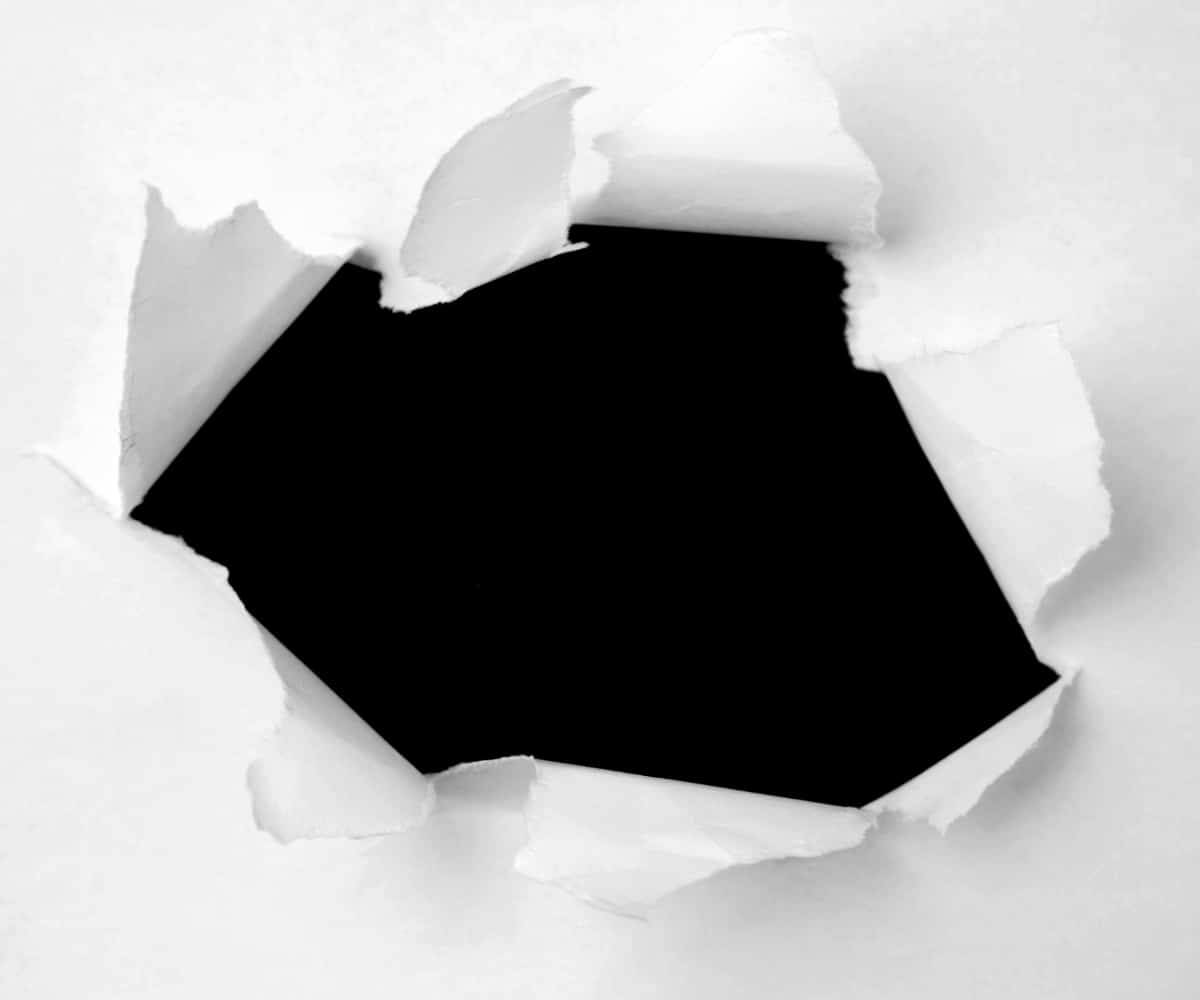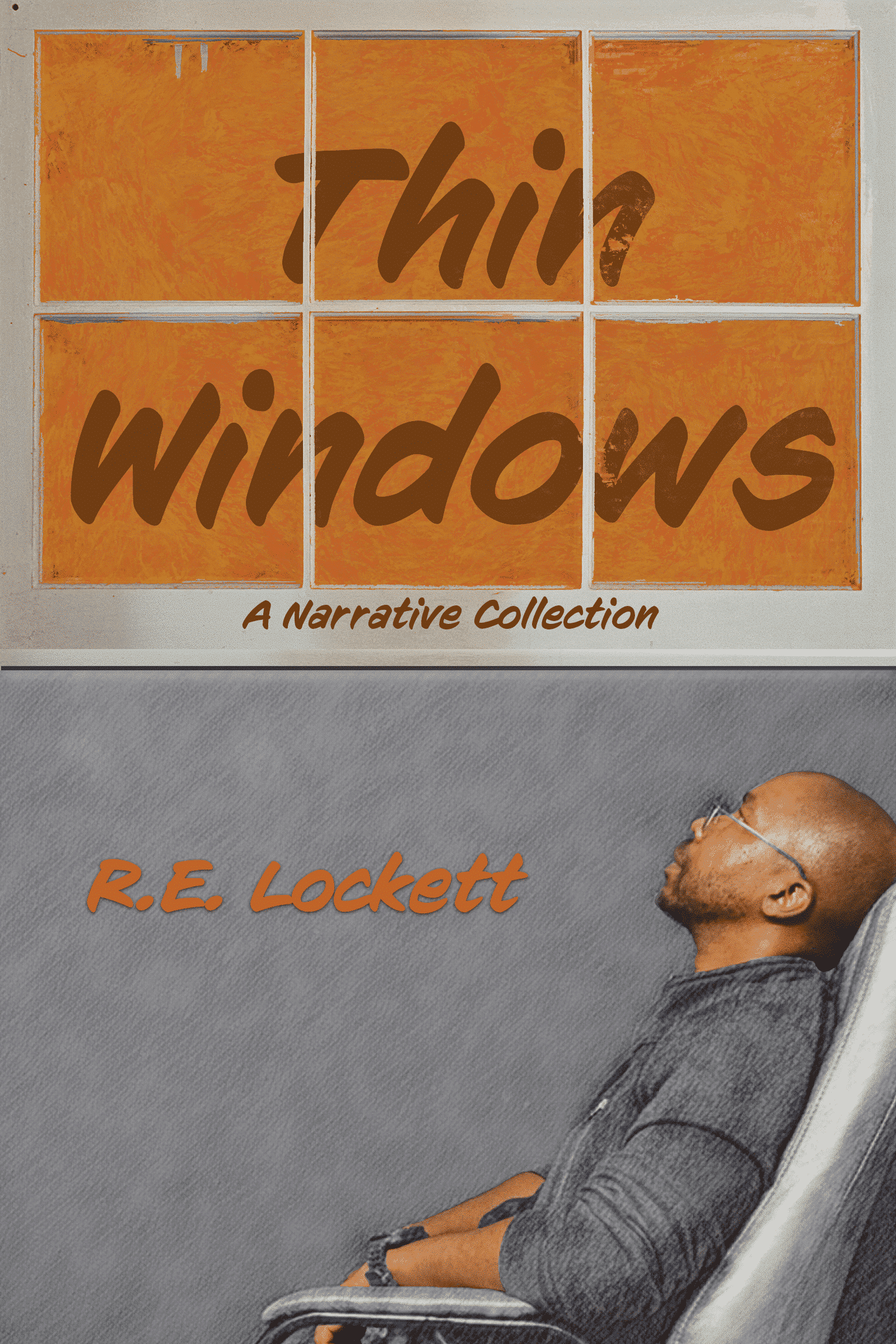Your cart is currently empty!
The Black Hole on the Blank Page

in
Disclaimer: This post may contain affiliate links for books we recommend. If you make a purchase through these links, at no additional cost to you, we may earn a small commission. See our full Terms of Use here.
If you have ever tried to write without starting from something tangible, you know it isn’t easy to do so. You might even spend more time deciding on what to write than actually writing it. So why do we keep saying never start with a blank page? There are many reasons. One of them is fear. Fear of judgment, fear of failure, fear of wasting time and energy, or the very human fear we are not good enough or won’t be able to produce anything worth reading. When this is the case, nothing gets done and the black hole keeps pulling us in deeper and deeper.
The ‘Now’ of it All
There is an idea that people have when they write that it needs to be perfect. But this isn’t true. It doesn’t need to be the best thing ever written. It just needs to start somewhere. Writers often stare at a blank page, paralyzed by their perfectionism. How can you go on with something when you know there are mistakes in the first sentence? But if you never start, then there will never be room for those mistakes to happen. You’ll always have that blank page staring back at you from your computer screen, no matter how many times you fire it up and try again.
Worrying over the potential mistakes robs you of the opportunity to fix them. I like to tell myself that I have to get through the first writing so I can start the real writing. It is not possible to fix a sentence I haven’t written yet. So, I tell myself, I have to get through that first sentence. Once it’s written, there will be room to write another sentence. Once you’re past those first few sentences, then you can start worrying about cleaning up your writing. No cleaning allowed just yet though. For now, just focus on getting through that blank page and moving on from there. Once you have something on paper, then you can focus on making it better—but not before that point!
Getting Started is Three-Quarters of the Battle
A woodsman sees many trees, no doubt envisions them falling. He can hear the swing of the axe while sleeping. A woodsman smells the decay eating away at the trunk, predicts the fall of the leaves, knows well where the spring will bring fresh growth. A woodsman, however, is just a visitor to the park until he fells a tree.
The writer must learn to see before he writes. He needs to know how his story begins and ends before he even sets pen to paper or fingers on the keyboard. Writers have it especially hard when it comes time to get started. Just get something down on the page, get the bad writing out of the way so you can make room for good writing later on.
A blank page can be overwhelming and there’s nothing worse than staring at a computer screen not knowing what you want your characters’ next move to be. The blank page is an intimidating opponent that makes you feel like a small child faced with an exam they haven’t studied for yet. But don’t let it beat you! Fight back against this foe by giving yourself something to fix. Having a goal in mind will help you find words quicker instead of sitting around waiting for inspiration or working through writer’s block. When that goal is to fix the story you’ve laid out, the path becomes more clear.
Just Write Something – Anything
Even if it is just one sentence, it will get you moving in the right direction. If your blank page is overwhelming you, then start smaller and gradually build up from there. Maybe try brainstorming 10 sentences about an idea or thought. Or you could try summarizing what you want your audience to know about the topic. Your project doesn’t have to be perfect at first. Focus on getting started instead of thinking about what might happen later when you’re done writing. Break through the writer’s block. Don’t worry about how things turn out as long as they are on the page. Words are like magic. They have a way of making other words appear. Words that fit together and don’t. Words with meanings and without. It’s words, though, and that’s where we want to start. Those lead to long nights and knowing chuckles as you form sentences and paragraphs that you hadn’t yet considered. You couldn’t. Not while you were so hung up on that blank page, anyway.
A Story Once in Motion
It’s easy to get worked up about things. It starts small, of course, something you can shrug off. Over time, though, the little things snowball. One day, it all comes crashing down. It’s something I work at controlling. I also work at putting it to use. If you’re like me, snowballs roll downhill with great velocity. Sometimes it helps to just get something down on paper. It gets all that built-up energy moving.
This can frustrate though, if your handwriting is difficult to read or if you’re accustomed to writing on a computer and want to use one. I find using a pen (and my troubling version of shorthand) allows me to write as fast as my mind moves while giving me a more present feeling regarding the page. It becomes something tangible. I can feel the dryness of the tightly bound fibers, smell the ink quickly drying. I can feel, too, the emptiness of the blank page. A blank page is as intimidating as it is open and exciting. There are no rules on how to fill it in, so anything goes. Just get that ball rolling. Scribble until the ink runs dry. Fill up pages in any way possible; sentences will eventually come out. Often, when they do, they bring more with them.
You Don’t Know What You’ve Got Til It’s Done
Don’t edit while you work. That latest sentence may seem like nonsense, but leave it for now. Later, it will probably hit the cutting floor. While you’re filling that blank page, though, don’t spare it the time, the thought. When the ball gets rolling, stay out of its way. Let it gain momentum and ride the slope all the way down.
If you have any doubts about starting, just remember that you don’t know what you’re doing until you’ve done it. An outline only gets you so far. Planning the perfect story is a far cry from writing it and you’ll no doubt make changes as you progress with the meat of the work. There’s always room for improvement once you’ve written your first draft. That’s why we need to start somewhere, even if it feels like we might waste time by diving into the beginning without knowing how things are going to end. We can worry about the ending later.
For now, let’s worry about getting done the first time. There’s nothing worse than starting and failing except for not starting, of course. Fail and fail often. The child who has fallen knows well how to stand again. Seeing for yourself that the pace grinds to a halt whenever you describe certain locations gives you something to work with. Likewise, seeing that your character is not growing or behaves erratically is easier when viewed over the breadth of a journey as opposed to the length of an outline.
If You’ve Written 5 Pages, You’ve Got a Book
Many creatives have trouble starting their work because they’re afraid of writing something bad. That’s okay. I used to be too. But if you write five pages, you’ve got a book. Give yourself permission to get the bad writing out of the way to make room for the good writing. And remember, it’s not about perfection, it’s about progress and improvement. It’s never too late or early to begin. Sometimes you just need those first five pages to break the ice so the rest comes easier. If you’ve written five pages, you have something to build on. You have something to critique. Something to share. Something worth showing others.
Those five pages may not hold your main character or your theme or the perfect title. They will, however, hold the doorway to those things. The key is getting started and then continuing on from there. No one said it would be easy, and certainly no one said it would be fun all the time, either. Set deadlines for yourself, find accountability partners who will motivate you along the way, keep pushing forward – even if you know where the finish line is – and don’t give up when things seem hard.
-R.E.

